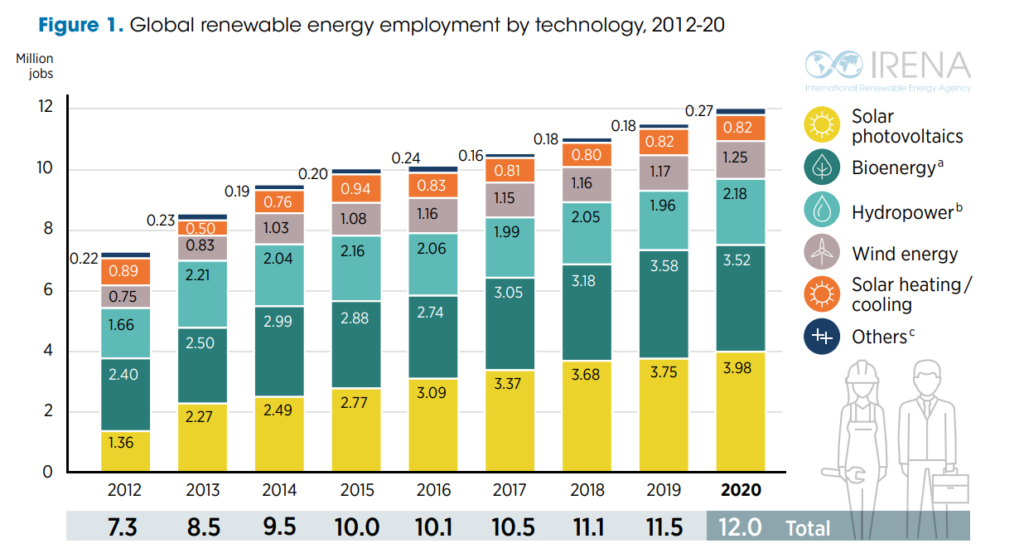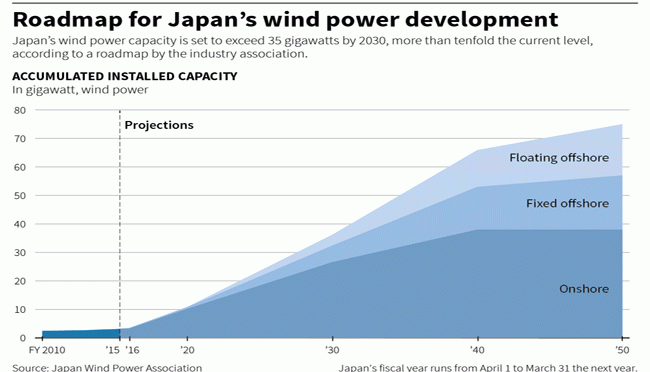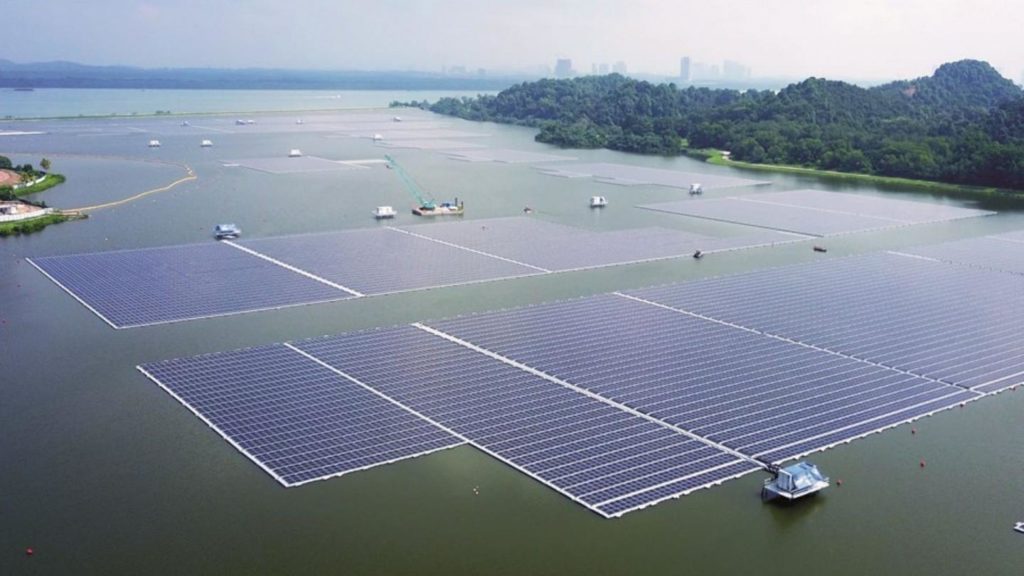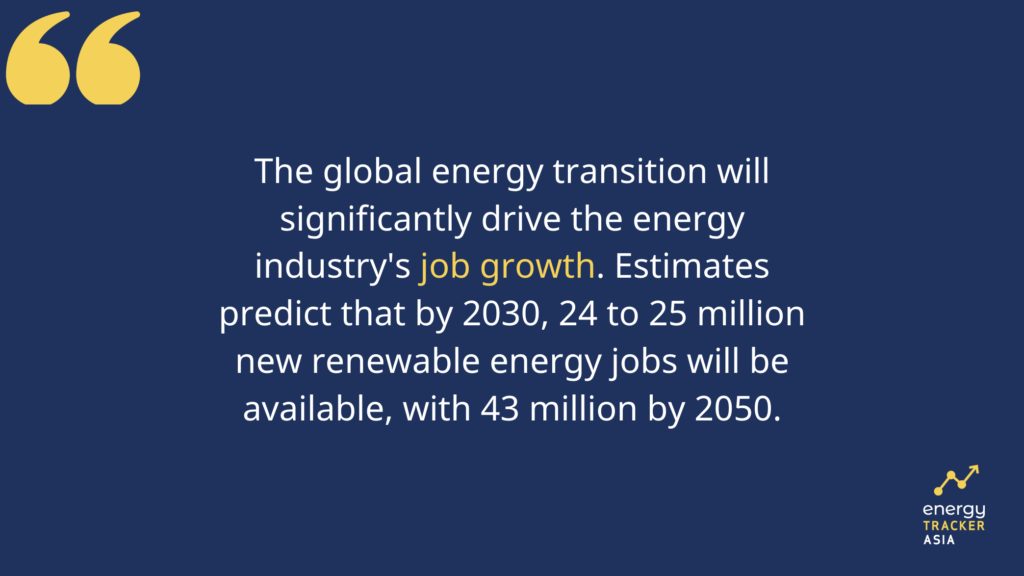A Guide To Renewable Energy Salaries [2022]
Source: The Refrigeration School
10 August 2022 – by Eric Koons Comments (0)
Renewable energy salaries are rising as global renewable energy installation and deployment continue to expand. The ability to face environmental and socioeconomic challenges is a big motivator for economies to switch to sustainable energy resources and renewable energy technologies. But, the industry is struggling to keep up with growth. One of the main hindrances is the lack of skilled workers to meet demand. And as a result, renewable energy salary continues to rise globally. Every renewable energy engineer is earning good money.
Renewable Energy Jobs and Careers
Predictions say that the energy transition will significantly drive the energy industry’s job growth. Workers such as renewable energy engineers will leave the fossil fuel sector in favour of the steadily growing renewable energy business.
However, based on the current pace of renewable energy expansion, there will be significantly more demand for renewable energy work, which will be met by the lost jobs in the fossil fuel industry. Estimates predict that by 2030, 24 to 25 million new renewable energy jobs will be available, with 43 million by 2050. This surpasses the expected job loss of six to seven million in the fossil fuel industry.
This is a substantial demand gap that needs to be filled within the decade.

How Much Can You Make in The Industry?
With all the new jobs, business development opportunities and growing demand, the question of salaries in the renewable energy sector rises again. Understandably, salaries of renewable energy employees depend on various factors, such as the level of education, job position, project management skills and the project’s geography. Let’s dive in deeper and see what you can expect.
Here is a breakdown of renewable energy salaries in Asia and Australia:
Renewable Energy Salary in Japan
Wind Energy – Salary Range:
JPY: 3.5 million – 20 million | USD: 25,000 – 145,000
The island nation of Japan has long depended on fossil fuel imports and nuclear energy to feed what is now the world’s third-largest economy. However, in 2019, the government passed a law which permits offshore wind farms to operate for the next 30 years. This policy, combined with the Japanese government’s commitment to reach net-zero emissions by 2050, is driving significant growth within Japan’s renewable energy sector.
This translates to industry salaries. Currently, around 15% of employees in the sector receive salaries of around JPY 10 million per year (USD 73,000), with another 35% approximately receiving between JPY 10 and 20 million (USD 73,000 – 146,000). The percentage of those who make more than JPY 40 million (USD 290,000) rose to 17% in 2022.

Solar Energy – Salary Range:
JPY: 3.5 million – 20 million | USD: 25,000 – 145,000
Facing land scarcity issues, Japan started its solar energy deployment in the 1990s. The country also boasts the first ever floating solar farm and considerable renewable energy salaries. 37% of employees receive salaries of up to JPY 10 million (USD 73,000), with 24% making between JPY 10 and 20 million (USD 73,000 – 146,000) and 18% receiving more than JPY 40 million (USD 292,000). The rest make between JPY 20 and 40 million per year.
Energy Storage – Salary Range:
JPY: 3.5 million – 30 million | USD: 25,000 – 225,000
Utility-scale energy storage is relatively young but also rapidly growing. The global market for the industry was valued at USD 120 billion in 2021 and is expected to grow at over 8% per year until 2030. Additionally, 68% of this growth will occur in Asia, with Japan being one of the market leaders.
Due to the new nature of the industry, salary data is still relatively sparse. However, 2022 data shows that 26% of employees receive up to JPY 10 million (USD 73,000) per year, while over 36% receive between JPY 10 million and JPY 20 million (USD 146,000) per year. 11% make between JPY 20-30 million (USD 146,000 – 219,000), while an additional 18% make more than JPY 40 million (USD 292,000).
Renewable Energy Salary in Taiwan
Wind Energy – Salary Range:
JPY: 350,000 – 4.8 million | USD: 2,600 – 36,000
Facing similar land availability issues like Japan, Taiwan focuses its efforts on offshore wind farms. The country’s currency is much weaker than Japan’s, so renewable energy salaries should be adjusted for the difference. In real terms, around 20% of employees in the wind industry receive up to JPY 1 million per year (USD 7,500), while the percentage of those making more than JPY 4.8 million (USD 35,000) is around 28%. An upward trend in yearly salary is also present.
Renewable Energy Salary in Singapore
Solar Energy – Salary Range:
SGD: 35,000 – 500,000 | USD: 25,000 – 360,000
Among Asian countries, Singapore faces some of the most significant issues with land availability for projects of renewable energy in Singapore. The little land they have is mainly used for agriculture and development. To combat this, Singapore is taking unique approaches in developing renewable energy infrastructure, primarily focusing on solar. One of these approaches is building solar farms on water reservoirs.
In 2022, around 50% of employees receive up to SGD 200,000 (USD 144,000) per year, while around 12.5% receive over SGD 500,000 (USD 360,000). The remaining 38% receive salaries between SGD 200,000 and SGD 500,000 (USD 144,000 – 360,000).

Renewable Energy Salary in Australia
Solar Energy – Salary Range:
AUD: 45,000 – 400,000 | USD: 31,000 – 280,000
The vast Australian outback provides plenty of sunshine and a high level of solar energy – perfect conditions for utility-scale solar farms. The Australian renewable energy market is booming because of the low cost of solar and available space (something many Asian countries lack). It offers salaries of up to AUD 200,000 (USD 140,000) per year for over 55% of its employees. An additional 15% receive salaries between AUD 200,000 and 400,000 (USD 140,000 – 280,000). Finally, 21% make more than AUD 400,000 a year (USD 280,000).
Renewable Energy Salaries Will Continue to Increase
In these countries, we see a general trend of rising salaries as the world stimulates the deployment of renewables. Along with direct salaries, the renewable sector in most countries provides high rates of other benefits like dental coverage, medical coverage and holidays.
We expect this trend to continue as countries further assess the socioeconomic and financial benefits of opting for renewable energy sources.

by Eric Koons
Eric is a passionate environmental advocate that believes renewable energy is a key piece in meeting the world’s growing energy demands. He received an environmental science degree from the University of California and has worked to promote environmentally and socially sustainable practices since. Eric’s expertise extends across the environmental field, yet he maintains a strong focus on renewable energy. His work has been featured by leading environmental organizations, such as World Resources Institute and Hitachi ABB Power Grids.
Read more